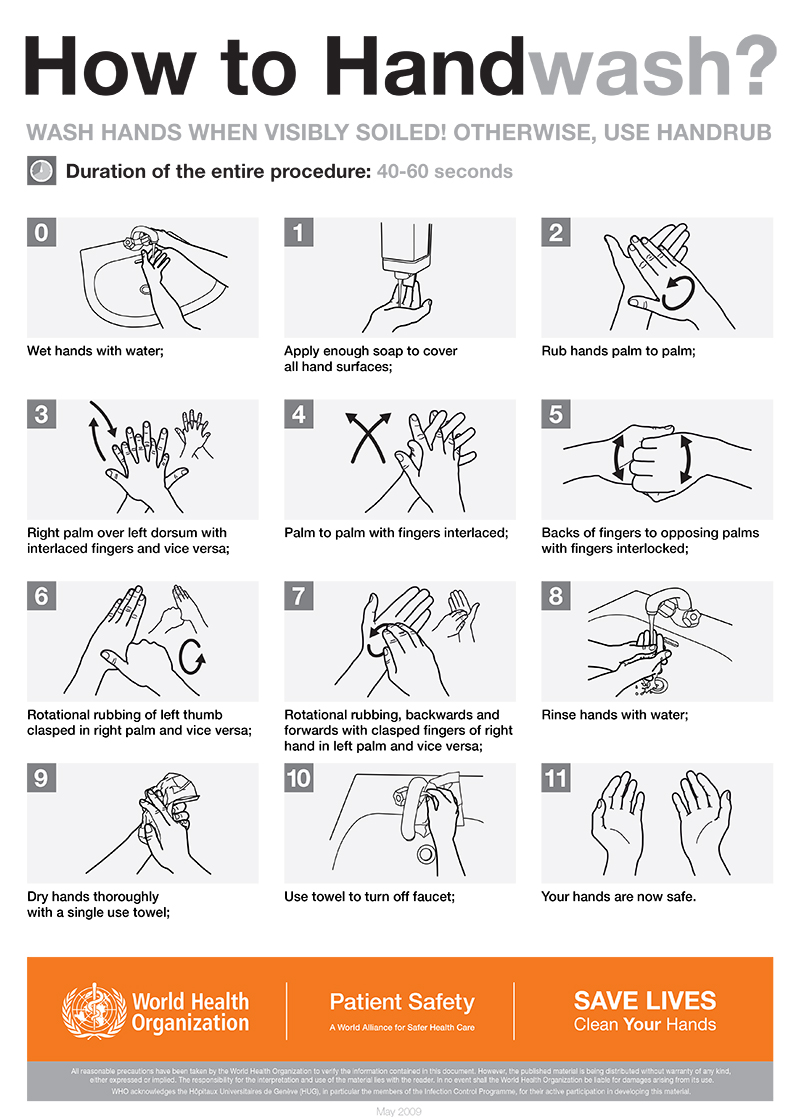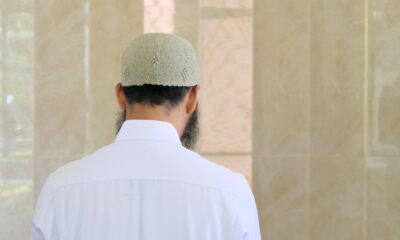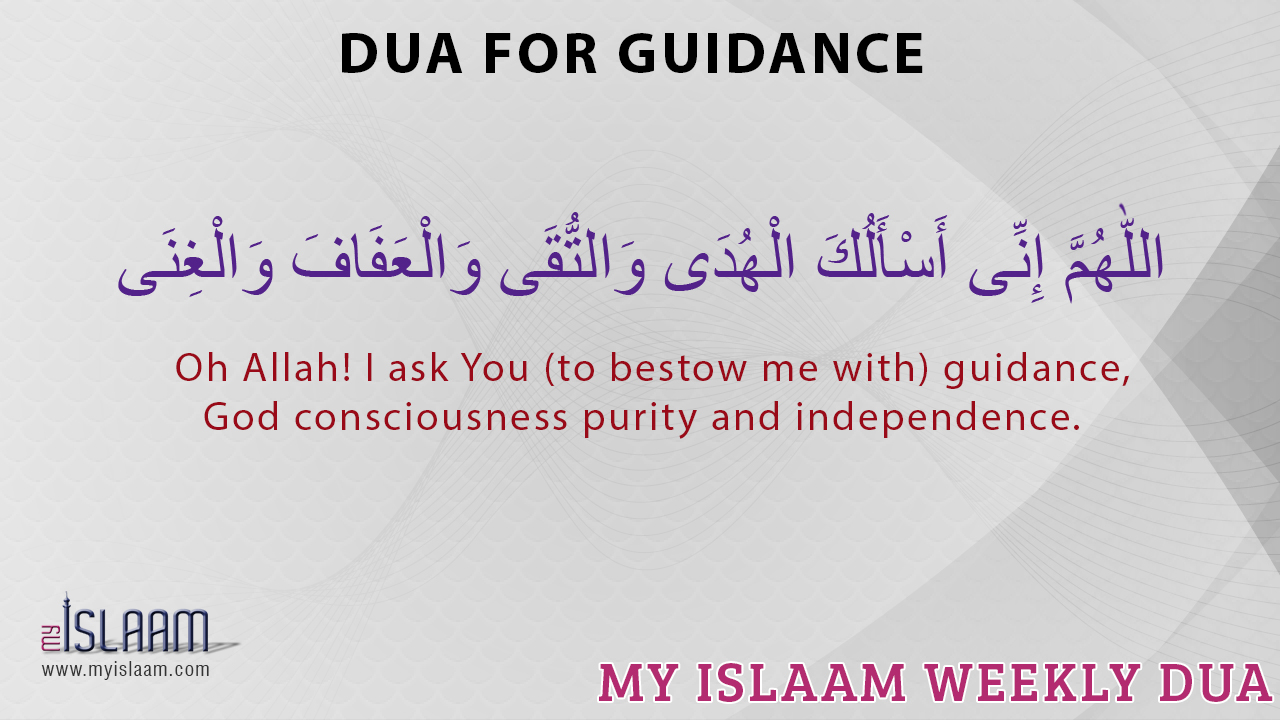Faraidh – obligatory
Wajibaat – necessary
Sunnan – An act done or liked by the prophet
We perform wudhu to carry out tasks which are not permissible in the state of minor impurity and to gain the reward in the hereafter, such as when we are about to pray salah, touch the Quraan, do tawaaf…etc
When performing wudhu it is imperative that we ensure that we complete it correctly as this is the first step of our worship, if it is done incorrectly it nullifies other worships we offer, once we have completed wudhu only then can we perform salah, and carry out the worships of Allah All Mighty. As Allah states in the Quran:
يَا أَيُّهَا الَّذِينَ آمَنُواْ إِذَا قُمْتُمْ إِلَى الصَّلاةِ فاغْسِلُواْ وُجُوهَكُمْ وَأَيْدِيَكُمْ إِلَى الْمَرَافِقِ وَامْسَحُواْ بِرُؤُوسِكُمْ وَأَرْجُلَكُمْ إِلَى الْكَعْبَينِ
Oh you who believe, when you rise to pray, wash your face, your hands and forearms up to and including the elbows, wipe your heads, and wash your feet up to and including the ankles.
Below we will go over the Faraidh, the Sunan and when it is recommended to do ablution.
The Faraidh of Wudu
There are four obligatory acts in wudhu, which one needs to be completed; missing one of these points will nullify the ablution.
First: To wash the entire Face – From the top of the forehead to the bottom of the chin and from one earlobe to the other.
Second. To wash the hands including the elbows once.
Third: To wipe a quarter of the head.
Fourth: To wash the feet including the ankles
The difference between washing and wiping is, in washing, the water should drip from your skin, whereas wiping is just passing wet hands over the area. One should ensure that when washing each limb it is washed correctly, and the water reaches the full limb, without anything preventing the water such as wax, super glue, nail polish…etc
Sunnah acts of wudu
Below are some of the recommended sunnah acts of wudu,
- Making intention to perform wudhu – You can do this in your heart or by uttering on the tongue
- Washing the hands up to the wrist
- Reciting Tasmiyah in the beginning:
بسم الله الرحمن الرحيم
- To do miswaak in the beginning – if you do not have a miswaak you can use your finger to imitate the action of miswaak.
- To gargle thrice – If you are not fasting you should emphasise in the intake of the water when gargling your mouth.
- To rinse your nose thrice – If you are not fasting you should emphasise in the sniffing of the water.
- To pass your wet fingers through a thick beard from beneath it. (Takhleel)
- To cross the wet fingers when washing your hands, – ensuring water goes in between the fingers.(this is known as Khilaal)
- To wash each limb thrice
- To wipe the head once
- To wipe the ears
- To rub the limbs when washing
- To do wudhu with continuity – without stopping
- To do wudhu in the order Allah has commanded us in the Quran as mentioned in the above ayah of the Quraan.
- To begin from the right
- To wipe the nape (not the throat)
Disliked acts of Wudhu (Makrohhat)
Below are some of the disliked acts when performing wudhu
- Wasting water – using more water than necessary
- Being stingy in the water – Not using enough of water when you have access to it.
- Splash your face with water, when washing your face.
- To discuss worldly affairs with others.
- To seek help in performing wudhu without a valid reason
- To do Masah thrice.
When should one do wudhu?
It is compulsory (fardh) for anyone in the state of minor ritual impurity to perform wudhu prior to:
- Performing any salah
- Quran recital prostration (Sajdah Tilawah)
- Touching the Quraan
It is Necessary (Wajib) to perform wudhu when:
- Circumambulation around the Kabah (Tawaaf)
It is recommended to perform wudhu when:
- Going to sleep
- After backbiting
- After lying
- After slandering
- After every minor sin
- After laughing aloud
- Washing the deceased
- When getting angry
- When reciting Quraan & Hadeeth
- When calling the Azaan
- When visiting the Beloved Messenger Peace Be Upon Him
- When standing in Arafah
- When doing Sa’ee between Safa and Marwah
It is recommended that one should be in the state of wudhu throughout the day if possible, as our beloved Messenger Peace Be Upon Him has stated “Purity is half of belief[i].” hence if possible in our daily activities if we can be in the state of wudhu it would be beneficial and bring barakah.
Alongside benefits for the hereafter wudhu also has many benefits proven scientifically and medically such as:
- Helps with high blood pressure
- Blood Circulatory System
- Helps with Immune System (Lymphatic Circulation)
- Rinsing the mouth & nose: the scientists have stated frequently rinsing the mouth prevents infection and inflammation in the mouth.
- Perfuming wudhu before going to sleep: It is encouraged by our beloved Master Muhammad (Peace Be Upon Him), to perform wudhu before going to sleep. The same acts are also encouraged by Yoga experts stating that washing limbs helps relax the body and prepares it for sleep.
- Helps Prevent Skin Cancer: The areas washed in Wudhu are the most prone to pollution, perfuming wudhu keeps the skin healthy and clean.
- Chinese medicine singles out more than 700 biologically active spots on the human body. For their quick effect reflex therapy named thesixty-six drastic spots aggression spots, antique spots or prime-elements spots. Sixty-one of the drastic spots are located in the zones required for ablution. Other five are located between ankle and knee.
- Washing Hands – “Hand washing is the single most important means of preventing the spread of infection” US Center of Disease Control and Prevention (CDC)The below poster was put together by World Health Organization after conducting years of research, look at the similarities in wudu.

- Benefits of Miswaak: refer to “The Forgotten Twig” article
- Cleaning the ear: “When cotton tipped applicators are used to clean out ear wax, there is a risk of breaking the ear drum (perforation). Although we realize that this is commonly done, we recommend against using cotton tipped applicators, hair pins, and similar devices to clean the ear. Simple wet fingers are the best mean to clean the ear.” – American Hearing Research Foundation
‘Uthman bin ‘Affan (May Allah be pleased with him) reported:
The Messenger of Allah (peace be upon him) said, “He who performs the Wudhu’ perfectly (i.e. according to Sunnah), his sins will depart from his body, even from under his nails.”
[Muslim].
Reference
- نور الىضاح
- Magomed Magomedov – Ph.D. in Medical Sciences
- Symposium of the Association of the Scientific Miracles in Qur’an
- American Hearing Research Foundation
- US Center of Disease Control and Prevention (CDC)

 Songs make hypocrisy grow in the heart just as water makes crops grow
Songs make hypocrisy grow in the heart just as water makes crops grow 
















